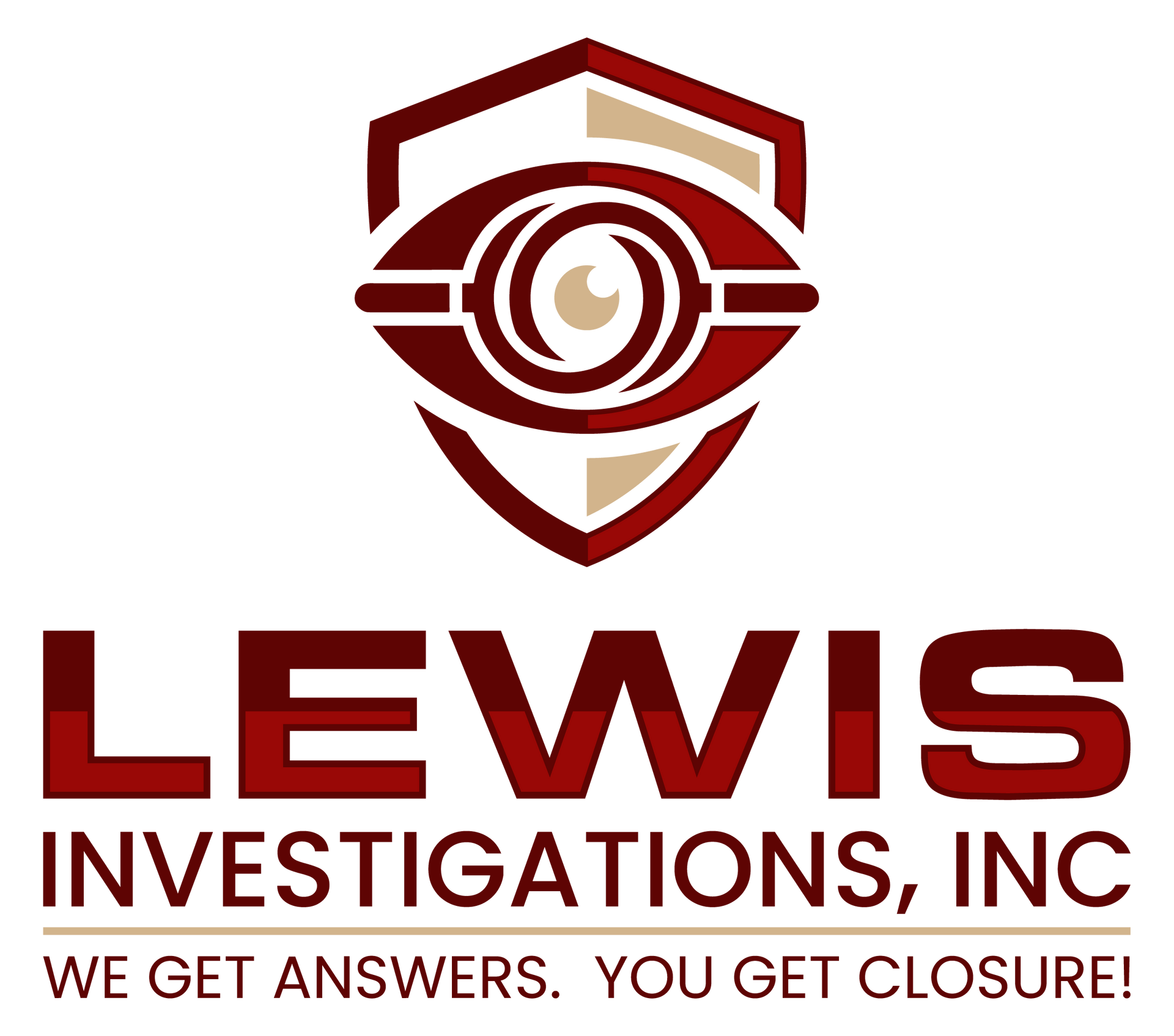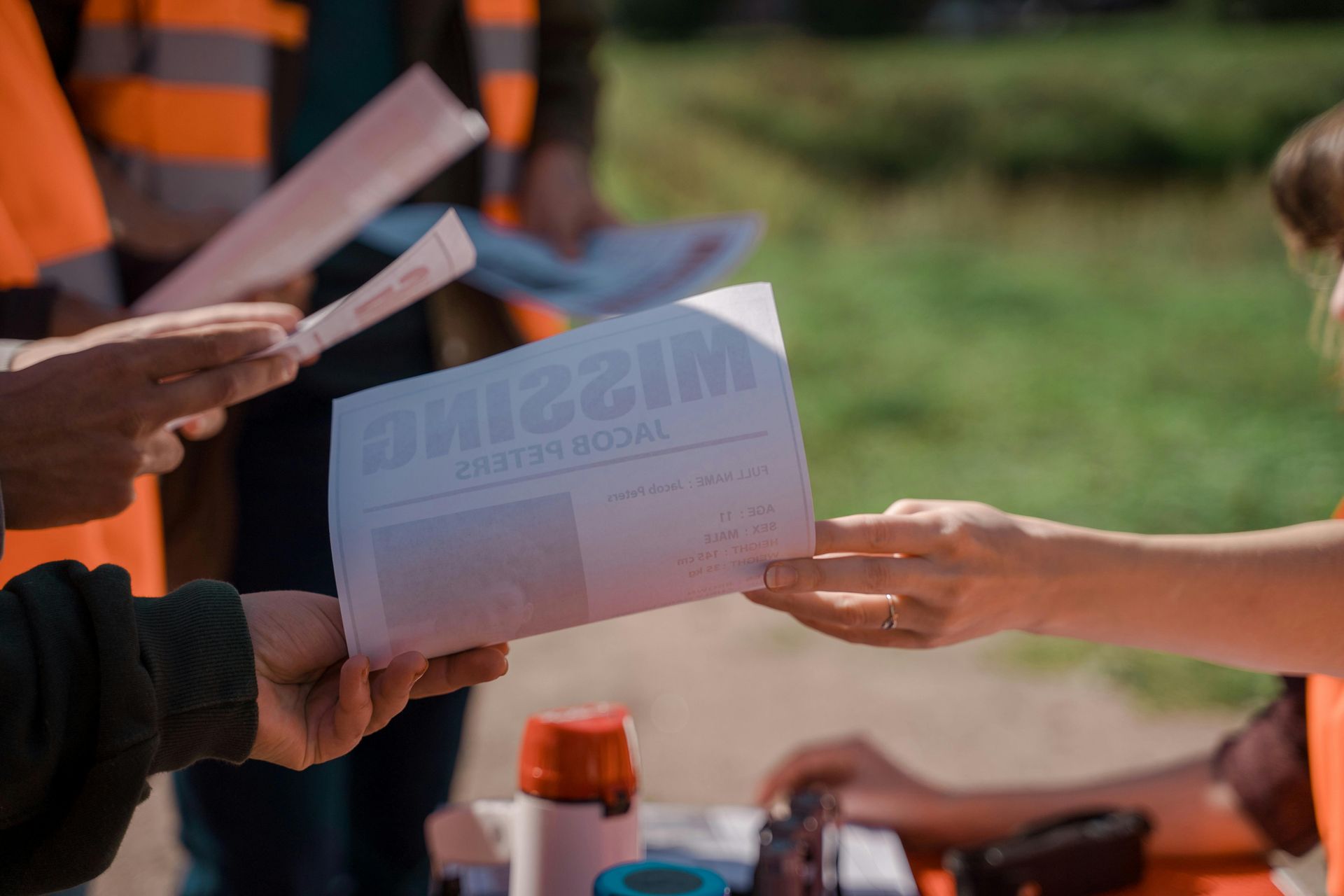In the corporate world, integrity and trust form the foundation of a productive and successful workplace. But when suspicions arise—whether it’s theft, fraud, harassment, or employee misconduct—employers must act swiftly and decisively to uncover the truth. This is where polygraph testing, commonly referred to as a lie detector test, becomes a powerful tool in workplace investigations.
At Lewis Investigations, Inc., based in Akron, OH, we specialize in professional polygraph services that help employers and HR professionals reach the root of workplace issues. In this article, we explore how polygraph testing can help uncover the truth, resolve disputes, and reinforce workplace integrity.
What Is Polygraph Testing and How Does It Work?
Polygraph testing, often called a lie detector test, is a scientific process designed to assess the honesty of someone's statements. During the test, a machine records various bodily reactions, including blood pressure, heart rate, breathing patterns (respiration), and how easily electricity passes through the skin (skin conductivity), as the individual answers a series of questions. These physiological measurements help determine if there are signs of deception. The theory is simple—when a person lies, their body reacts in measurable ways due to stress or anxiety.
During a polygraph exam, a trained and certified examiner connects the subject to a polygraph machine and administers a structured set of questions. These typically include:
- Relevant questions related to the investigation.
- Irrelevant questions used as a baseline.
- Control questions designed to provoke a physiological response.
By comparing reactions to these different types of questions, the examiner determines the likelihood of deception.
This “truth detector” is not about catching someone off guard—it’s about gathering supporting evidence when facts are unclear or disputed. It’s a tool used not to accuse, but to clarify.
Why Use Polygraph Testing in Workplace Investigations?
Workplace investigations are delicate matters. Accusing someone of dishonesty or misconduct without proper evidence can damage reputations and create legal liabilities. That’s why more organizations are turning to polygraph testing to assist in their internal investigations.
Here’s how lie detector tests can help:
- Verify Claims and Allegations – Whether it’s an accusation of harassment, theft, or data breaches, polygraph testing helps verify whether the claim holds weight.
- Identify or Eliminate Suspects – When multiple individuals are involved or suspected, polygraph testing can help narrow down or clear employees.
- Protect Company Reputation – A prompt and accurate investigation keeps internal issues from spiraling into public relations disasters.
- Prevent Future Incidents – Addressing dishonesty effectively can discourage others from similar behavior.
By engaging a trusted agency like Lewis Investigations, Inc., companies gain a neutral third-party expert who ensures the testing process is professional, unbiased, and fully confidential.
Common Scenarios Where Lie Detector Tests Are Useful
Polygraph testing is applicable in a wide range of workplace situations. Some common examples include:
1. Theft or Property Damage
When valuable assets go missing or company property is vandalized, suspicion can fall on anyone. Polygraph testing helps identify the responsible party while protecting innocent employees.
2. Sexual Harassment or Discrimination Claims
In cases where it's one person’s word against another’s, a lie detector test may add clarity to sensitive HR complaints that are difficult to prove otherwise.
3. Fraud or Embezzlement
Financial misconduct such as embezzling funds or falsifying reports can be difficult to track. Polygraph exams offer a supplementary method to support accounting audits and forensic analysis.
4. Workplace Violence or Threats
When an employee is accused of making threats or engaging in hostile behavior, polygraph testing can confirm or disprove the allegations.
5. Background Verification or Pre-employment Screening
In some cases, companies may request polygraph testing as part of an internal vetting process, particularly for roles involving security, trust, or financial responsibility.
If you’ve ever searched for “polygraph testing near me” and are in the Akron, OH area, you’ll find that Lewis Investigations, Inc. is a trusted local provider.
Legal and Ethical Considerations in Polygraph Use
While polygraph tests can be incredibly useful, they should be used with care. The Employee Polygraph Protection Act (EPPA) restricts most private employers from using lie detector tests in pre-employment screening or during employment. However, there are exceptions—such as when an employer is investigating an incident that caused economic loss or injury to the business.
To remain compliant:
- Always obtain written consent from the employee.
- Ensure testing is administered by a licensed professional.
- Use results in conjunction with other evidence, not as the sole determinant.
Lewis Investigations, Inc. adheres to all legal guidelines and ethical standards. We also work with legal counsel and HR departments to ensure that our testing supports—not jeopardizes—corporate policy.
Choosing the Right Polygraph Examiner
Accuracy, experience, and confidentiality matter when choosing a polygraph examiner. A poorly conducted test can yield inconclusive or misleading results, which only complicate the investigation. That’s why working with seasoned professionals is critical.
At Lewis Investigations, Inc., our examiners are:
- Fully trained and certified
- Experienced in workplace investigations
- Discreet, impartial, and thorough
- Equipped with modern polygraph technology
Our office in Akron, OH serves businesses and legal teams throughout the region. Whether you are an HR manager, business owner, or corporate attorney, we provide reliable testing and investigative services tailored to your needs.
The Lewis Investigations, Inc. Advantage: Professional Polygraph Testing in Ohio
When the truth matters, turn to professionals who can deliver it with accuracy, discretion, and reliability. If you’re facing workplace concerns and want a trusted method to get answers, polygraph testing may be the right solution.
Call Lewis Investigations, Inc. at (440)392-9009 to schedule a consultation or to learn more about our full range of investigative services. We're proud to be a go-to option when people search for “polygraph testing near me” in Akron and the surrounding areas. We also offer investigations such as personal investigations, insurance investigations, and corporate investigations.
Our mission is to help businesses uncover the truth and protect what matters most—their people, their reputation, and their peace of mind.
FAQs
Is polygraph testing legally admissible in court?
In most states, polygraph results are not automatically admissible in court, but they may be used as supportive evidence or in pre-trial negotiations. They are more often used internally within companies or in private investigations.
How accurate is a polygraph test?
When conducted by a certified professional under proper conditions, polygraph tests can have an accuracy rate of 85-95%. However, results should always be considered as part of a broader investigative approach.
Can someone “beat” a lie detector test?
While some claim to be able to manipulate results, modern polygraph technology and professional examiners are trained to detect such attempts. Deliberate countermeasures often backfire and raise red flags during analysis.
How long does a polygraph test take?
A typical polygraph exam takes 1.5 to 3 hours. This includes pre-test interviews, question review, the actual test, and post-test discussion. More complex investigations may require additional time.
Can an employee refuse to take a polygraph test?
Yes. In most cases, participation must be voluntary, and refusal cannot legally be used as grounds for termination unless otherwise stated in contract or policy. That said, refusing may influence the investigation's direction if other evidence exists.











